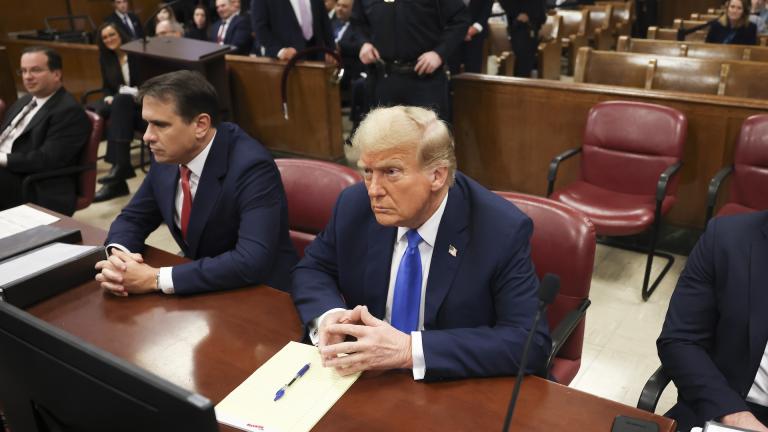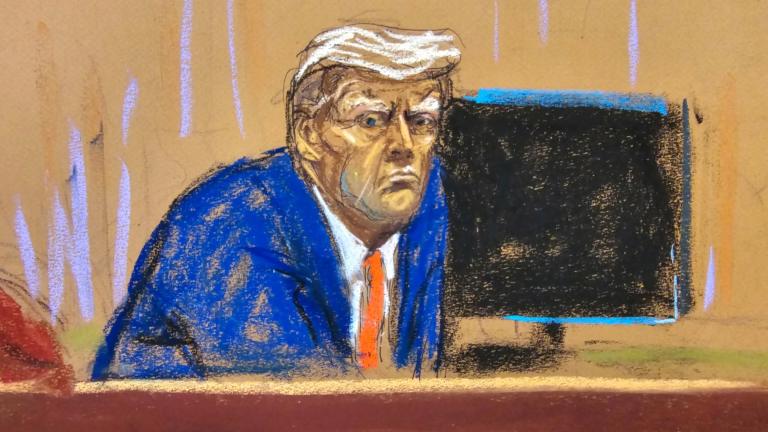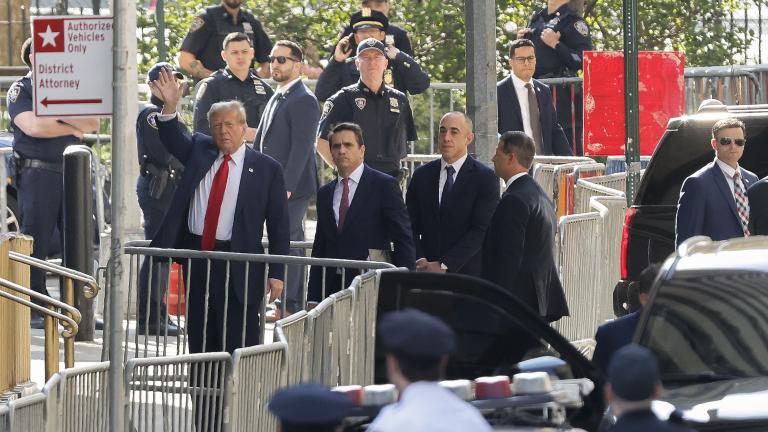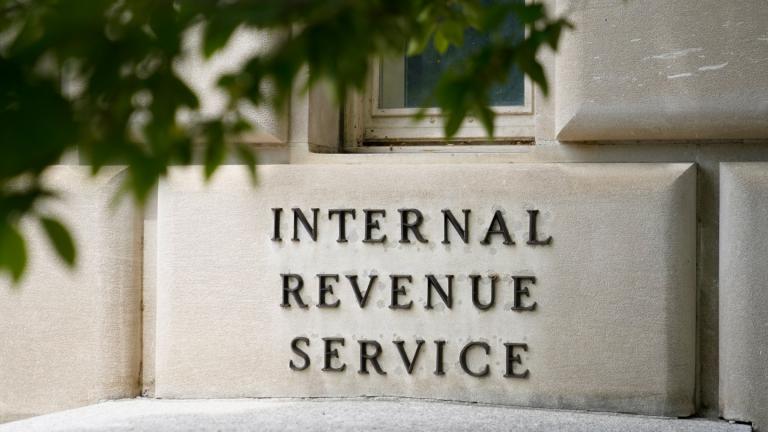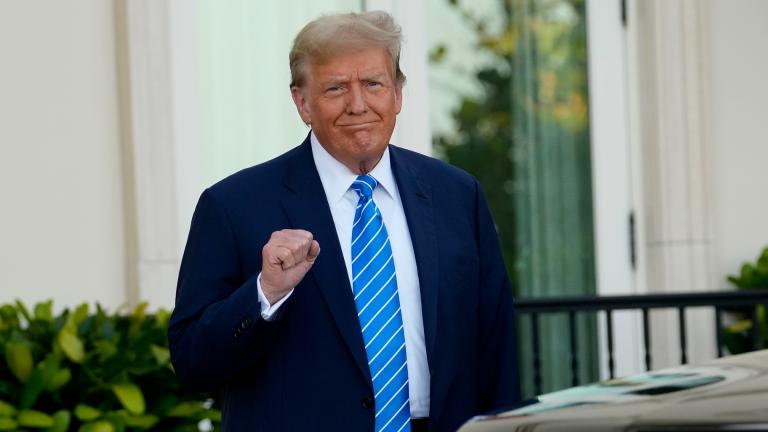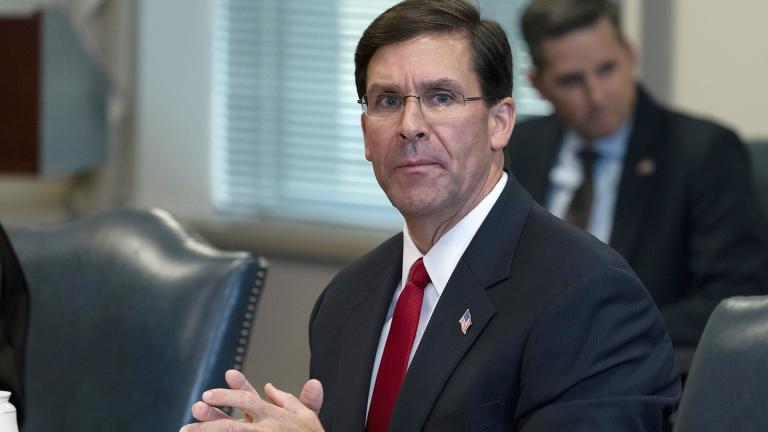Wednesday marked the first day of the House Intelligence Committee’s public hearings in the impeachment inquiry of President Donald Trump.
Democrats and Republicans grilled two witnesses – William Taylor, the acting U.S. ambassador to Ukraine, and George Kent, a senior State Department official – over a number of issues, namely a July 25 phone call between President Donald Trump and Ukrainian President Volodymyr Zelenskiy.
Democrats say Trump committed an impeachable offense by withholding military aid to Ukraine as a way to pressure the country to investigate the business dealings of Hunter Biden, the son of former Vice President Joe Biden, a Democratic candidate in the 2020 presidential race.
On the other side of the aisle, Republicans emphasized the fact that neither Taylor nor Kent had ever spoken directly to President Donald Trump.
“The hearing was really shaded by the volume of evidence that there was on one side of the aisle. In other words, the Democrats have a lot of evidence that there’s a quid pro quo here,” said Renato Mariotti, a former federal prosecutor and a partner at Thompson Coburn LLP. “Bill Taylor’s a very strong witness. He’s very credible, top 1% of his class at West Point, won the Bronze Star, served in every administration since Ronald Reagan – a very credible witness who kind of called balls and strikes – a straight shooter.
“There was really not much the Republicans were able to do to challenge his testimony or dispute the central factual allegations here. As a result, the Democrats were just trying to tell, I think, a very simple story over and over again and try to make it very clear for people who were not watching the whole thing, whereas Republicans were trying to distract from the main issues and try to confuse the issues. That’s standard defense strategy when the evidence is not going your way.”
Martin Redish, a professor of law and public policy at Northwestern University, asked whether the hearing served to “advance the ball on our understanding of where President Trump’s behavior lies on the impeachment spectrum? And for that, I think all we have to do is go back to the Framers [of the American Constitution] – the Framers made clear what kind of presidential or executive pathologies they were aiming for when they authorized or created the process of impeachment.
“Impeachment is designed to deal with violations of public trust and the use of power,” Redish said. “The use of power for purposes not designed to further the nation’s interest. We can debate what is and isn’t in the nation’s interest, but the question is whether the president is doing that as a means of furthering the nation’s interest as he or she sees it or are they abusing their power in a way designed to help them personally?”
Attorney Christine Svenson, the former general counsel for the Cook County Republican Party, says there was “absolutely nothing wrong with that phone call and the Ukrainian president himself said that there was no quid pro quo and he did not feel pressure. In fact, it’s very typical for a president to ask why we’re giving aid to this country.
“So it’s actually great that he’s asking those questions instead of just blankly writing a check over to countries. For him to ask them to, I believe it was, investigate Burisma [the Ukrainian natural gas company on which Hunter Biden served on the board]. We should be investigating Burisma. Why are we not? I mean, it sounds shady to me. To ask a corrupt regime to provide these practices, that’s exactly what he should be doing as president,” Svenson said.
Related stories:
Takeaways from Day 1 of House Public Impeachment Hearings
Impeachment Hearings Go Live on TV With the 1st Witnesses
Then and Now: How Trump Impeachment Hearing is Different

